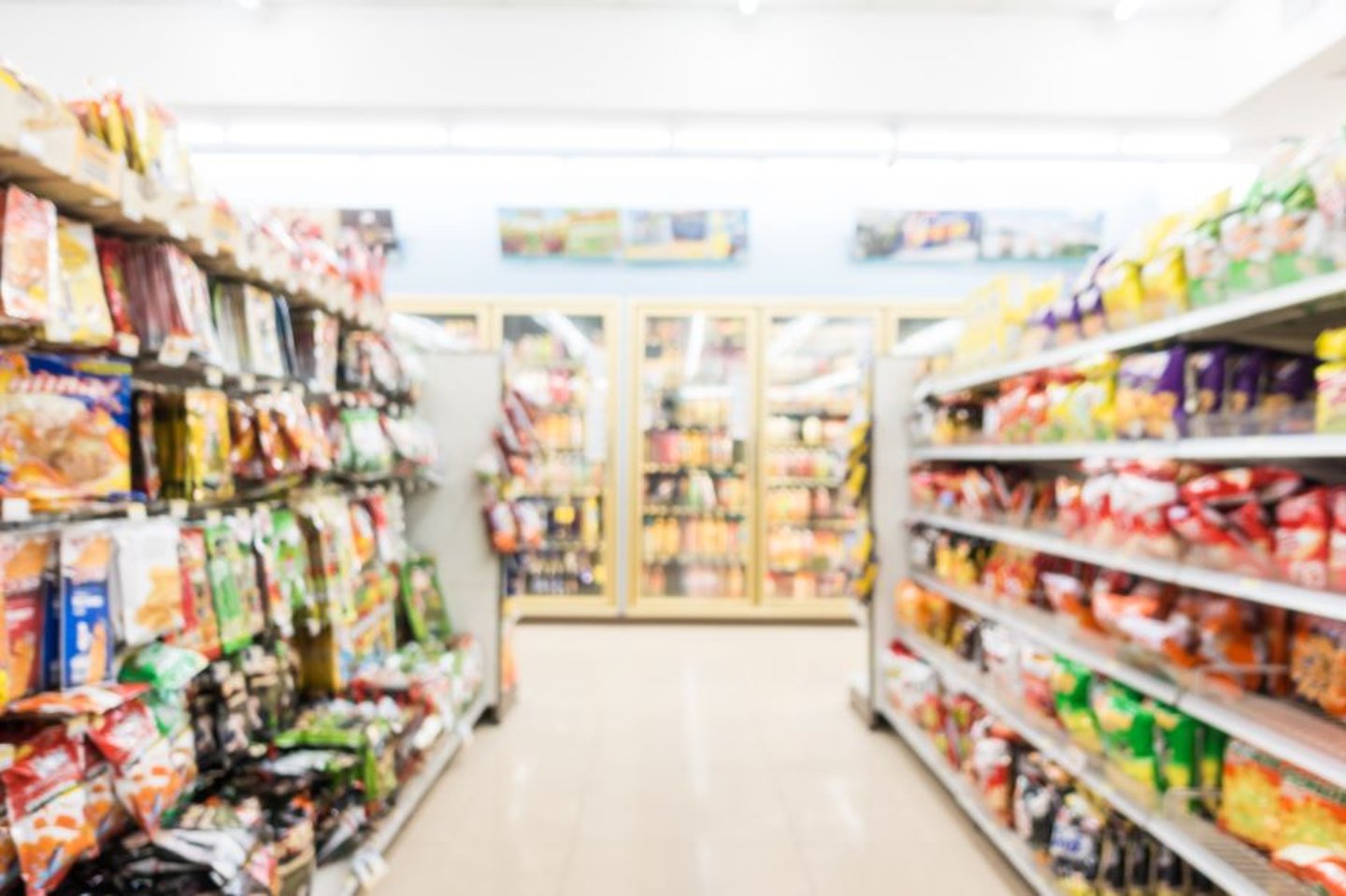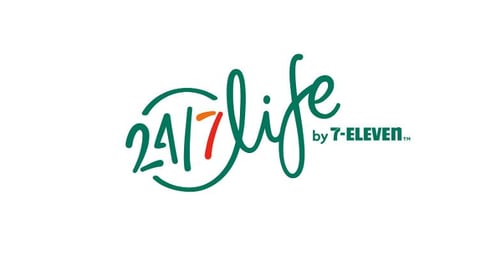Private brands offer a savings hedge for consumers
With more consumers keeping an extra vigilant eye on their budgets, many are looking and private label brands to stretch their shopping dollars.
In a recent study put out by Circana, a U.S.-based consumer behaviour analysis company, it finds that private brands – also known to many as store brands and private labels – are a fast growing segment for consumer dollars. According to Circana, private brands in the U.S. generated some US217 billion in sales.
“Private brands are increasingly capturing market share from name brands, experiencing growth in both dollar sales and units,” says Mary Ellen Lynch, principal, Center Store Solutions with Circana upon the release of their study “CPG Private Brands Update 2024”. “This trend is driven by consumers, particularly those with children, as well as millennial and Gen X households without children, who are strategically employing a variety of methods to stretch their dollars amid high inflation.”
The study finds that the total dollar sales of private brands increased 6% in 2023, and units increased 0.9%. Private label gained share from name brands, increasing from 24.7% of total unit sales in 2022 to 25.5% in 2023.
READ: The evolution and power of private label brands
Private brands grew unit and unit share across general food, shelf stable beverages and refrigerated foods, as well as beauty and home departments. What was most interesting is that private brands held a growing appeal, and grabbed more dollars, amongst households with children and Millennial and Gen X households with no children, each represent more than a third of private brand purchases.
This trend is mirrored here in Canada, where according to Statista, as of February 2023, 76% of Canadian grocery shoppers bought private label products because they were less expensive or in order to save money. Another 53% of respondents bought them because they felt the quality was similar to name brands. Statista also finds that in Canada, private labels held a share of 18.5% in food retail in 2022.



